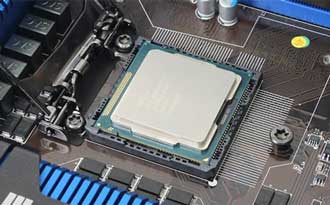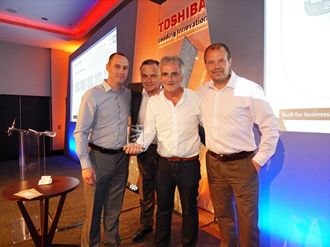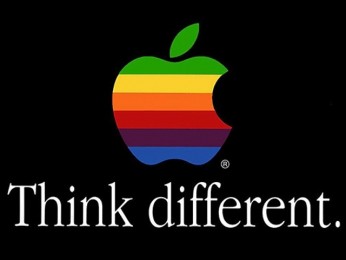 Despite losing ground to more reasonably priced tablets, the fruity cargo cult is bashing out some more.
Despite losing ground to more reasonably priced tablets, the fruity cargo cult is bashing out some more.
According to Bloomberg Apple’s suppliers have begun manufacturing new iPad tablets in a desperate bid to revive flagging sales.
Apple has seen growth plummet from 2012, as larger phones became more popular and people delayed replacing their tablets.
Bloomberg said that mass production of the iPad with a 9.7-inch (24.6-cm) screen has already started, and it is likely to be unveiled by the end of current quarter or early next quarter.
A new version of the 7.9-inch iPad mini is also entering production and is likely to be available by the end of the year, Bloomberg said.
Even if the tablets don’t make any impact on the consumer market, Apple must be hoping that its partnership with IBM might net a few more sales by entering into a largely untapped corporate market.
That is if IBM can convince corporations that they really want less secure Apple gear on networks which are mostly based around Microsoft.
Apple shipped 13.2 million iPads in the June quarter, 8 percent less than a year earlier. Sales of the devices, which accounted for 15 percent of Job’s Mobs’ revenue, fell short of Wall Street’s expectations for the second quarter in a row.



















